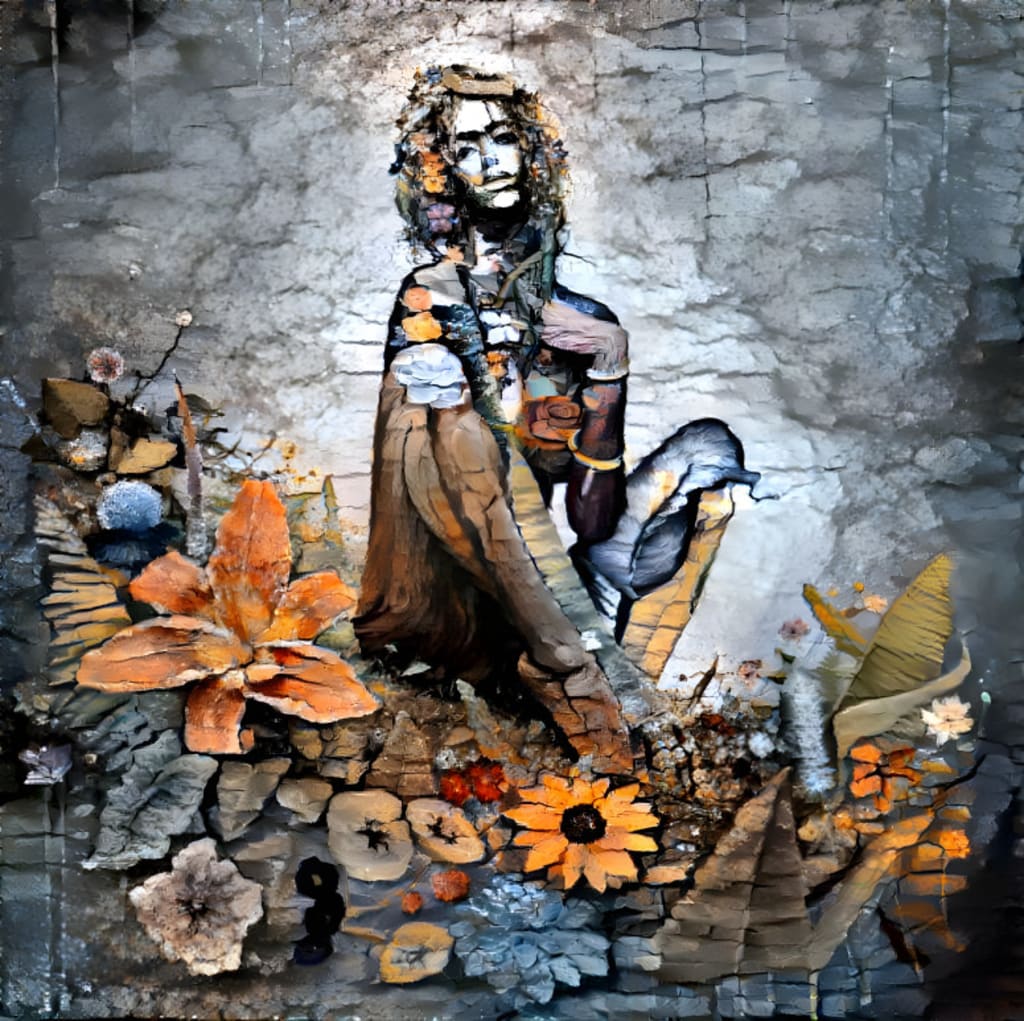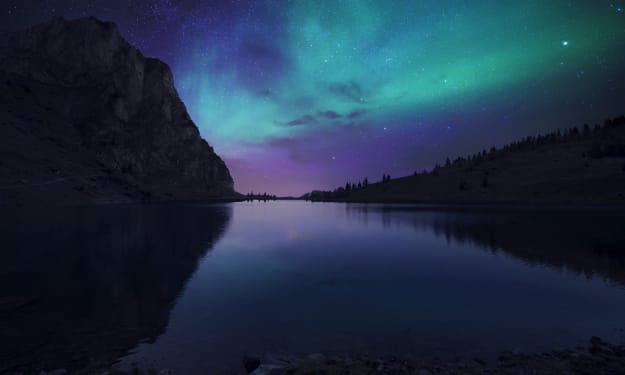Life after Death
A fundamental question all humans ask...

Despite variations in beliefs, all major religions agree on one thing: humans are immortal, and their spirits originated in a very divine realm and should return there at some point.
Since the start of the spiritual expression, this has been the tremendous promise and hope that faiths have offered to their followers. It’s the believer's eternal answer to cynicism, which declares that there's no afterlife which death is the end. Christianity the idea within the resurrection of Jesus (c. 6 B.C.E.–c. 30 c.e.) after his death on the cross, additionally because the promise of aliveness to all or any who acknowledge his divinity and believe him, is at the guts of the faith. Because Christianity arose from Judaism, many of Jesus' teachings within the gospels reflect Jewish ideas about the soul and also the afterlife, most notably that the soul and body are reunited within the next world. The reports of Jesus' appearance to his apostles after his resurrection demonstrate that. Hinduism the Bhagavad Gita (Bhagavad Gita) could be a religious classic in India "The essence of the soul is stated in Song of the Lord: "It isn't born, nor does it ever die, nor shall it come to be afterwards, after having been brought into being." The unborn, the eternal, the traditional, and also the eternal aren't murdered when the body is slain." a person selects the shape of his or her future earthly incarnation by determining his or her karma process within the material world and the way he or she deals with the issues inherent in an existence constrained by time and place. In Islam, when it involves the concept of a soul, Islam sees an individual as both a spirit and a physical creature. The Qur'an (or Koranaccount )'s of Adam's creation is analogous to Genesis within the Judeo-Christian Bible, where the Lord tells the angels that he would construct someone of clay and breathe his spirit into him after giving him form. "And He created man out of clay, then fashioned his offspring from an extraction of ordinary water, then molded him, and breathed His essence into him." (32:8–9) Qur'an. Muhammed (570–632 CE) appears to possess recognized the soul as an individual's being's intrinsic self, yet he did so follow Judeo-Christian tradition. Judaism "Then the Lord God created man from the dust of the bottom and breathed the breath of life into his nostrils, and man became a living being" (Genesis 2:7).
Yahweh, Israel's god, says within the second chapter of Genesis, in step with Sanhedrin 108a of the Talmud, "the body is that the sheath of the soul." After death, the soul sank to Sheol, a location deep within the world where the spirits of the deceased were consigned to dust and gloom, in step with the first Hebrews. "They all visit the identical destination; they're all made from dust, and that they all return to dust" (Ecclesiastes 3:20). The notion that the deceased are raised and judged had been established by the time the Book of Daniel was written, around 165 B.C.E.: "Many of these who lie dead within the ground will rise from death." Some are granted life, while others will suffer endless shame and humiliation. Everyone who has been enlightened is able to see the sunshine.
Crim, Keith, ed. The Perennial Dictionary of World Religions. San Francisco: Harper Collins, 1989.
Pelikan, Jaroslav, ed. Hinduism: The Rig Veda. Trans. By Ralph T. H. Griffith. New York: Motilal Banarsidass Publishers for the Book of the Month Club, 1992.
Sullivan, Lawrence E., ed. Death, Afterlife, and the Soul. New York, Macmillan, 1989.
Wilson, Andrew, ed. World Scripture: A Comparative Anthology of Sacred Texts. New York: Paragon House, 1995.
Zaehner, R. C., ed. Encyclopedia of the World's Religions. New York: Barnes & Noble, 1997.






Comments
There are no comments for this story
Be the first to respond and start the conversation.